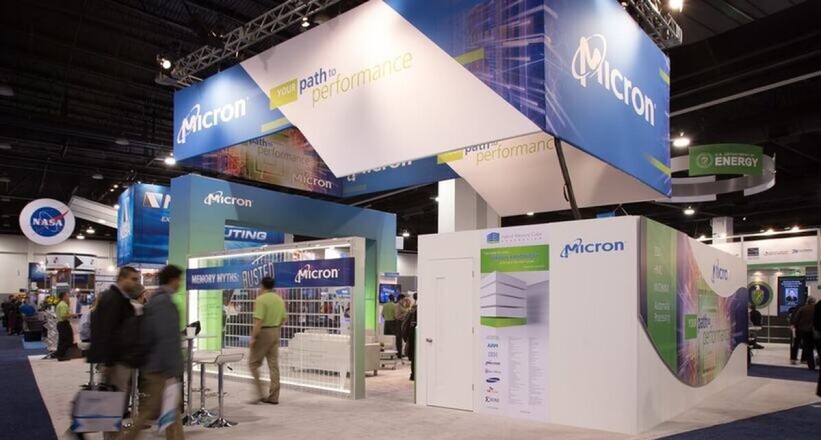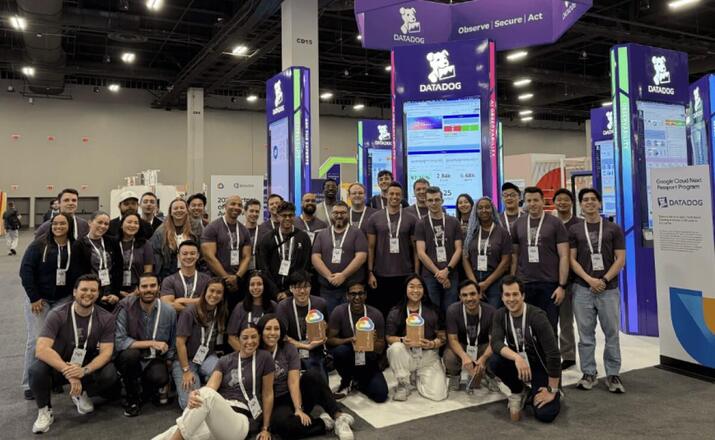
Micron Technology, a global leader in memory and storage innovation, has announced a major expansion of its data center storage portfolio with the launch of three new solid-state drives (SSDs), designed specifically to meet the escalating demands of AI workloads. Each of these new SSDs is built using Micron’s in-house developed G9 NAND technology and targets a different need within modern data centers – from ultra-low latency to unprecedented capacity.
The new lineup includes the Micron 9650, the first PCIe Gen6 NVMe SSD available on the market; the Micron 6600 ION, a high-capacity E3.S SSD designed for AI data lakes; and the Micron 7600, a Gen5 SSD optimized for mixed workloads with class-leading latency and performance. These offerings reinforce Micron’s aggressive push into AI infrastructure by addressing the need for faster, denser, and more energy-efficient storage.
According to Jeremy Werner, Senior Vice President and General Manager of Micron’s Core Data Center Business Unit, the company’s advancements are redefining the storage frontier. “Micron is not just setting the pace; we are redefining the frontier of data center innovation,” he said, pointing to the performance, efficiency, and integration advantages enabled by Micron’s G9 NAND and ecosystem collaboration.
The Micron 9650 PCIe Gen6 SSD delivers up to 28 GB/s in sequential read speeds and 5.5 million IOPS in random reads. Designed for AI inference pipelines and large language model workloads, it minimizes idle cycles by consistently feeding data to GPUs. This ensures improved throughput and reduced latency for demanding AI applications. With significant improvements in energy efficiency – up to 25% better for writes and 67% for reads compared to Gen5 SSDs – the 9650 allows operators to reduce power consumption while scaling compute-intensive workloads.
Micron has already demonstrated compatibility with industry partners like Broadcom and Astera Labs and offers liquid-cooled variants of the 9650 in E1.S form factor to support high-performance AI servers. Security-conscious users, including U.S. government agencies, benefit from compliance with standards like FIPS 140-3 and Trade Agreements Act (TAA) requirements.
Supermicro, CoreWeave
Meanwhile, the Micron 6600 ION SSD introduces a game-changing capacity of up to 245TB in a single drive. Targeted at AI data lake environments and hyperscale data centers, it allows unprecedented storage density, delivering over 88PB per rack and cutting total cost of ownership (TCO) through improved power and space efficiency. At 122TB, the E3.S variant fits into a 1U server and consumes only 1 watt per 4.9TB – making it 37% more energy efficient than traditional HDD arrays.
The 6600 ION is already attracting attention from major infrastructure providers. Supermicro supports the SSD in its petascale storage servers, while WEKA is integrating the drive into its Augmented Memory Grid to extend GPU memory for high-throughput inference.
Complementing the lineup is the Micron 7600 PCIe Gen5 SSD, offering high performance for mixed workloads, including AI inference, database operations, and real-time analytics. The 7600 achieves sub-1 millisecond latency in RocksDB environments and boasts 12 GB/s read speeds and up to 27% faster write speeds compared to competing solutions. It also delivers up to 78% better energy efficiency for write-intensive workloads, positioning it as a balanced, cost-effective choice for general data center use.
Chetan Kapoor, Chief Product Officer at CoreWeave, emphasized the importance of such advancements: “The Micron 7600 SSD is a welcome addition that will help our customers scale out to hundreds of gigabytes of data throughput and accelerate their time to market because of its strong performance and low latency.”
All three SSDs are designed and manufactured using Micron’s fully integrated supply chain, encompassing its own controllers, NAND, DRAM, firmware, and security technologies. This vertical integration allows for greater supply chain security and product reliability. Key security features across the portfolio include self-encrypting drives (SED), Micron’s Secure Execution Environment, and firmware verification through SPDM 1.2 and CNSA 2.0 standards.
Samples of the 9650 and 7600 SSDs are already being delivered to customers, with full commercial availability expected later in 2025. The 6600 ION’s 122TB model will ship in Q3 2025, while the 245TB variant is expected in the first half of 2026.





